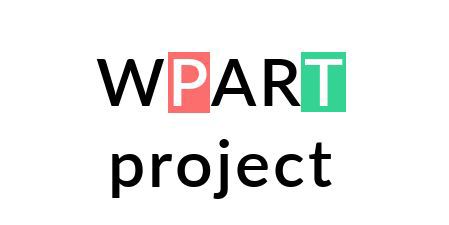Weathering the Storm: Does Worker Participation in Firm Decisions Make a Difference?
- Applied Institute for Research in Economics
- Economics

The recent economic crisis was accompanied by severe labour market conditions in many European countries, with current unemployment rates of more than 10% in 12 Member States. According to Eurostat, the average unemployment rate in the EU-27 rose by more than 46% between 2008 and 2014.
Interestingly, recent survey evidence on firms' responses to the Great Recession shows that employment reductions were relatively more frequent than other labour costs cutting strategies (hours, wages) among European firms. The fraction of firms choosing layoffs of permanent employees as the “most important” strategy also increases with the severity of the shock. European labour market institutions are often in the dock as many blame them for restricting the ability of firms, and the entire economy, to respond to shocks smoothly. While wage-setting institutions have captured most of the attention in this debate, the role of shop-floor employee representative institutions has been largely overlooked.
Jointly with Professor Virginie Pérotin and funded by the European Union’s 7th Framework Programme for Research and Technological Development, I am studying how employee representation affects microeconomic responses of European establishments. The general objective of my research is to provide quantitative evidence on the effects of worker participation on firm-level employment adjustments in response to changing market conditions, particularly during the Great Recession.
The conceptual framework of the project emphasises the role played by informational asymmetries between labour and management in driving potentially inefficient social outcomes. Asymmetric information exists when one party of an economic transaction has more, better or just different information than the other. While everyday socio-economic life is riddled with examples of asymmetric information, the labour market – the core market in a capitalist economy – provides a very important one.
Management may have incentives to misinform workers about the situation of the enterprise and to use this information strategically. This possibility in turn may generate distrust and make it difficult to establish credible commitments between both parties. Workers may not disclose productivity-enhancing initiatives for fear that the firm will use that information against them. Such inefficiencies may become more salient during economic downturns, when firms need to reduce costs, resulting in an inefficiently high level of layoffs. In this context, worker participation through various forms of institutionalised involvement in decisions may be associated with the implementation of effective employment-stabilising mechanisms during recessions.
The project addresses a pressing concern for European policy-makers, industry, trade unions and citizens. Understanding whether worker participation contributes to preserve employment may have profound public policy implications in terms of public finance and firm performance. Recent research also shows that job insecurity negatively affects health outcomes, suggesting further implications in terms of employees' well-being.
Although there is a presumption that employee involvement may contribute to job preservation, quantitative evidence is still scant and mostly restricted to Germany. This may be due to the paucity, until recently, of firm-level data with consistent measures of employee participation across European countries and to the fact that identifying causal effects associated with worker participation is methodologically troublesome. The aim of the study is to contribute to fill this research gap.
Results from the project will be disseminated through different channels, including academic papers, policy briefs, and a series of outreach activities aimed to capture the attention of the general public.
Contact us
If you would like to get in touch regarding any of these blog entries, or are interested in contributing to the blog, please contact:
Email: research.lubs@leeds.ac.uk Phone: +44 (0)113 343 8754
The views expressed in this article are those of the author and may not reflect the views of Leeds University Business School or the University of Leeds.

